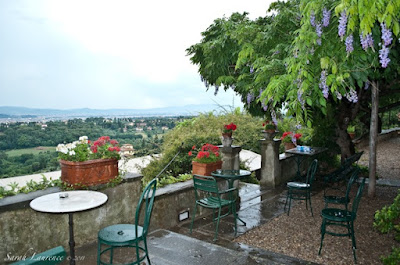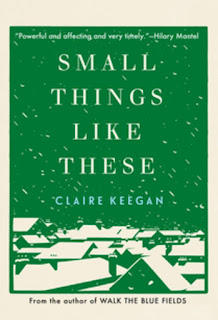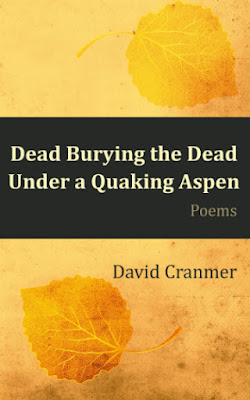After reviewing novels for 15 years and plotting my own, it's not often that a book surprises me, but Cleyvis Natera's Neruda on the Park is an astounding debut. The set-up reminded me of You've Got Mail: a naive young woman falls for the charming developer who threatens to destroy her world. However, as the beautiful cover art reveals, Neruda on the Park is more of a mother-daughter story than a romance, unless Nothar Park, their Dominican neighborhood in NYC, is the main love interest. What the story becomes is true to the multidimensional characters in our uncertain times but not what you'd expect from genre scaffolding.
Natera's novel has such a wonderful sense of place of both Manhattan (where I grew up) and the Dominican Republic (where I've visited). The generosity and rivalry of neighbors in a close knit community was well observed. I especially enjoyed the descriptions of food: "Pastel making started out as it always did - hours peeling skin, grinding the flesh of plátanos, yautias, and yuccas until the grainy yellow paste was smooth enough to be mistaken for cooked cornmeal." There's so much local flavor: from the decorative (not pandemic) masks celebrating Dominican Independence Day to the sidewalk barbecues with extra food to share, but crime, sexism, racism, and ICE lurk around the corner.
The book opens with commercial glitz: successful women wear designer suits with mortgageable shoes and dine in trendy restaurants. The power players, both black and white, live in private brownstones, where jewelry and books are displayed behind glass like trophies of social status. Double Ivy League educated herself, Luz Guerrero wants to grasp everything that is withheld from her. Her name in Spanish means light warrior, and she earns it, fighting for justice.
To please her doting parents and her mentor-boss, Luz works long hours as a corporate lawyer, pouring her savings into her parent's retirement home back in DR and buying designer clothes for herself on credit. After her career hits an unexpected setback, Luz meets a handsome billionaire in a hot yoga class (don't quit reading). Although white and privileged, Hudson apologizes for his mistakes, speaks better Spanish than hers, recites Pablo Neruda's poetry by heart, and welcomes Luz into his luxurious world without reservations. Hudson wants the best for her. So why does her mother hate him?
Halfway through the book, the seemingly predictable plot warps like a Dali clock, resetting our perception of reality. What I enjoyed the most was watching the characters develop and twist the storyline in unexpected directions, but I won't say any more to avoid spoilers. Except go pre-order this May 17th book from your local indie bookstore before it sells out. Publishing rights to
Neruda on the Park sold at auction for all the right reasons. Will there be a movie?
My reviews of two more excellent novels by Dominican Americans:
Dominicana by Angie Cruz
In the Time of the Butterflies by Julia Alvarez
¡Felicidades por tu maravilloso debut, Cleyvis! Me encantó tu novela y espero que escribas más.
Click icon for more
book review blogs
@Barrie Summy













